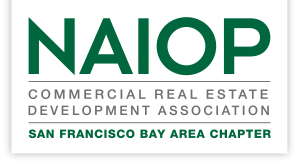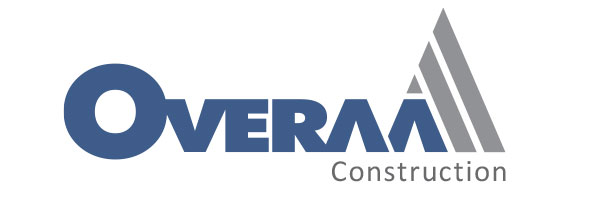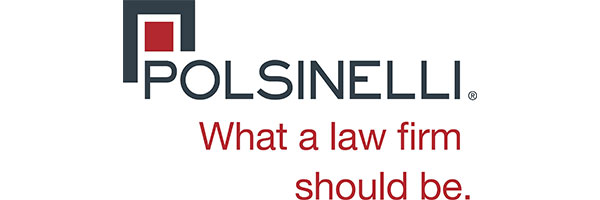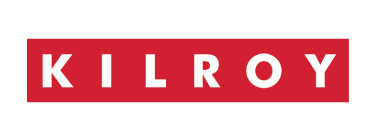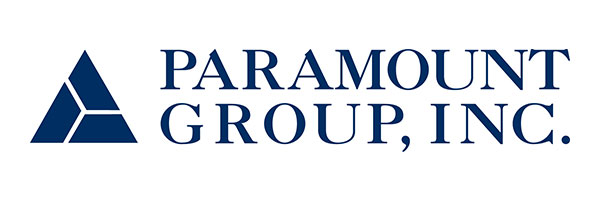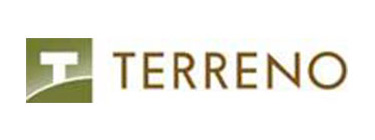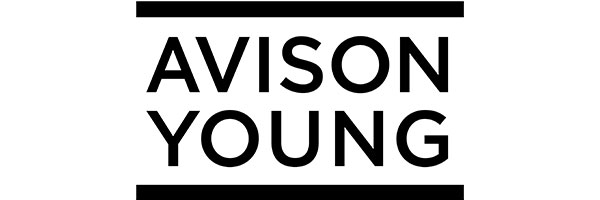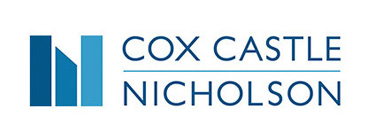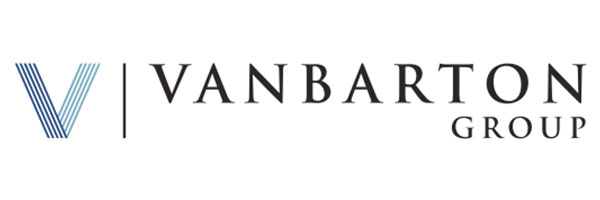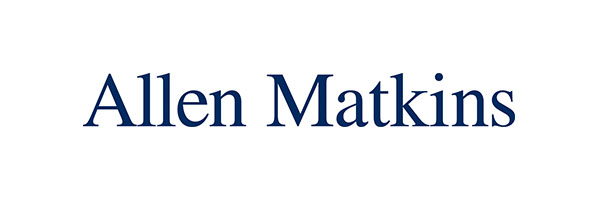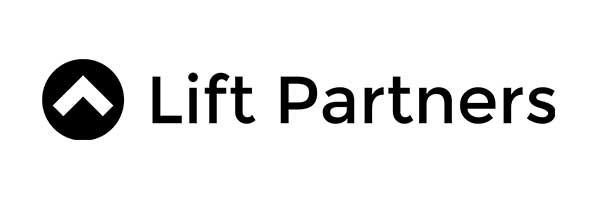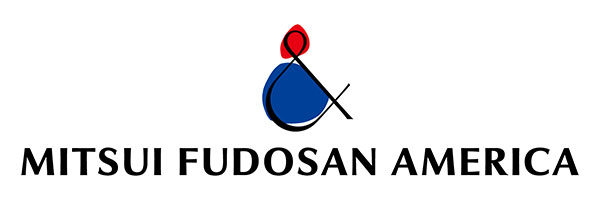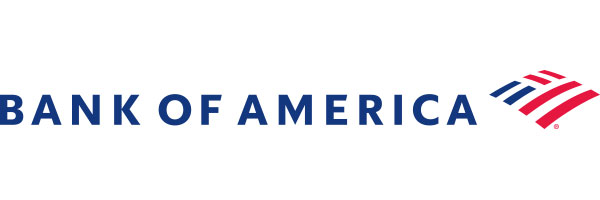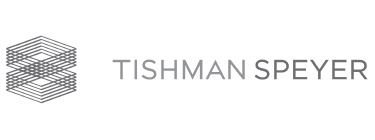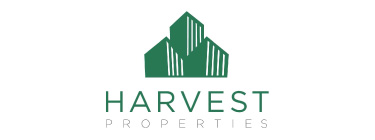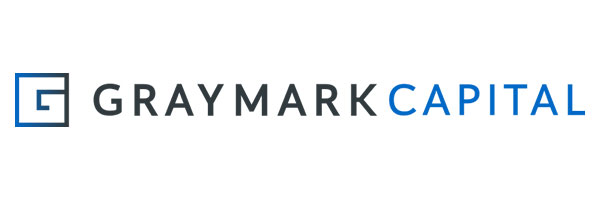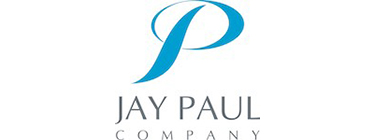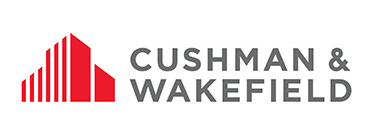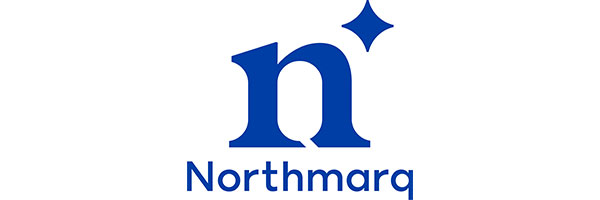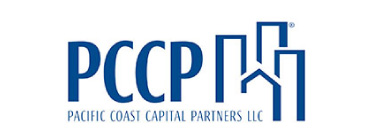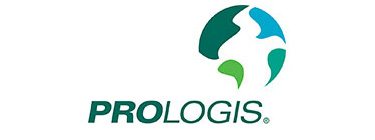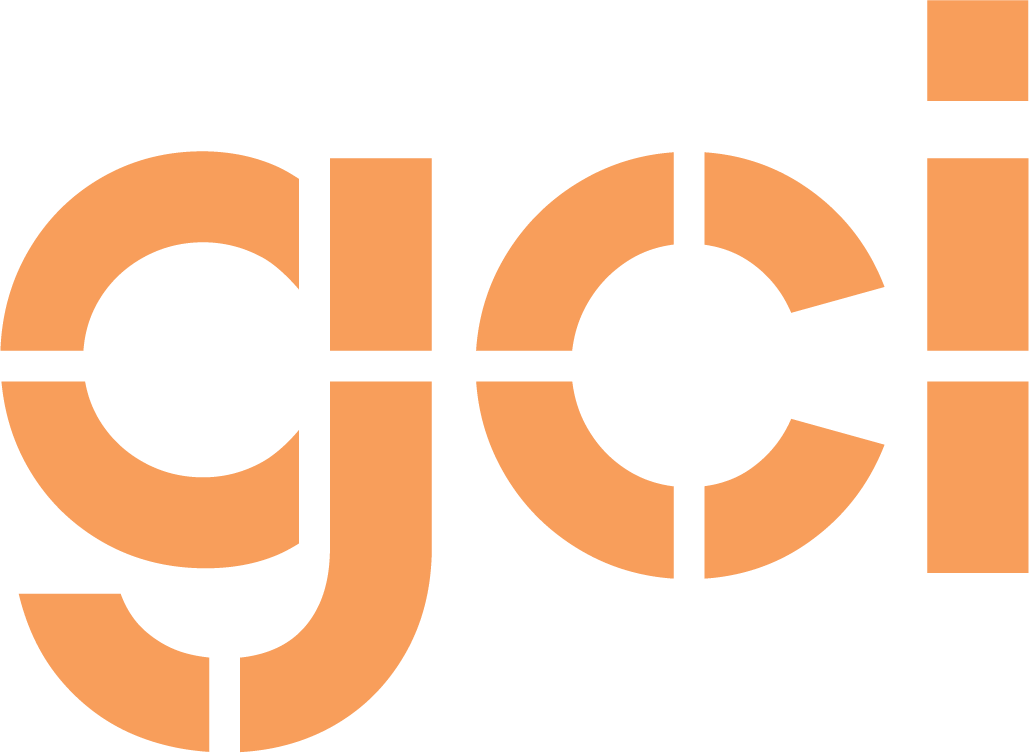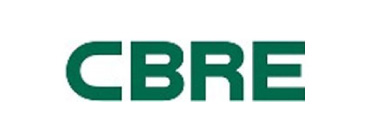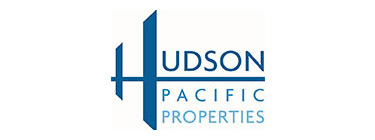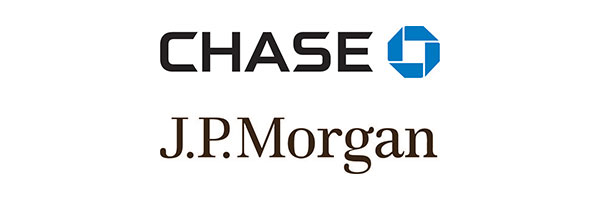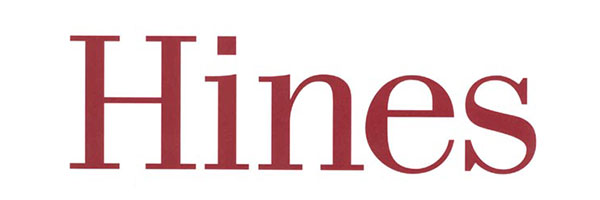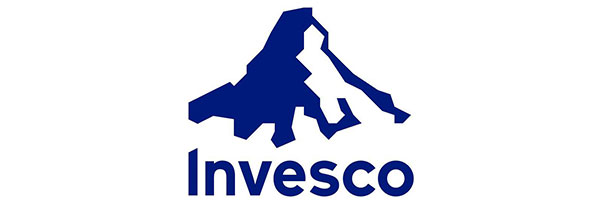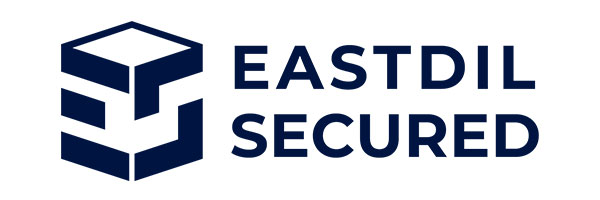CBPA's California Legislative Update 2/26/21
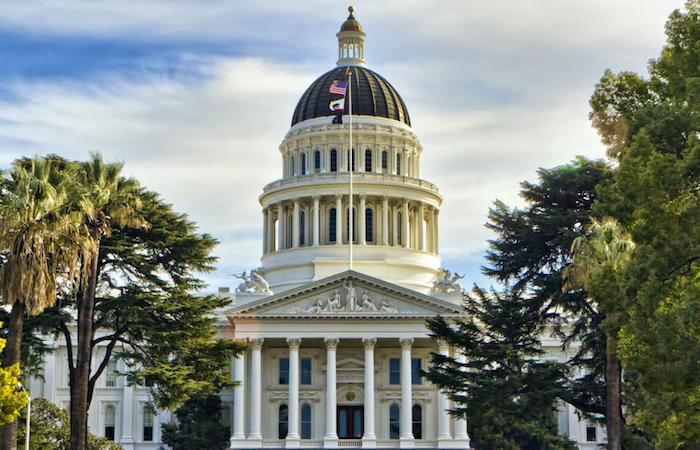
2,369 LEGISLATIVE BILLS INTRODUCED IN CA STATE LEGISLATURE
Last Friday was the California State Legislature’s “Bill Introduction Deadline,” and the tidal wave of bills that were introduced totals 2,369 pieces of legislation to deal with for 2021. When you add in resolutions and other types of non-binding bills the number climbs to 2,476 bills!
Your staff in Sacramento reads every single one of these bills and will start working with our own legislative committees and subject matter experts to identify those that have an impact on your business, tenants, and those you do business with, and will work to support the things that make sense, while opposing the bills that will make it harder for you to operate as an employer.
We have already identified over 422 bills that we will need to analyze further, track through the process, and potentially engage on your behalf.
Because we are buried in bills, this will be an abbreviated Weekly so we can focus on slogging through the big pile of legislation!
INTERESTING BILLS SO FAR
Although it is still early, and we are working with our legislative committees and members to prioritize and set positions, here are a few interesting bills we are raising concerns about:
AB 33 (Ting D) Natural gas.
Decarbonization/Natural Gas. Directs all electric utilities to establish a rate structure for “all-electric” buildings, prohibits gas lines in newly constructed schools, and abolishes ability for new construction gas line extension allowances.
AB 84 (Ting D) Employment: COVID-19: supplemental paid sick leave.
Paid sick leave mandate. This bill imposes a significant cost onto small employers, who the State has already acknowledged are suffering due to this pandemic. This paid sick leave mandate would essentially negate any financial relief small employers may receive through the proposed COVID grant programs. Retroactively requires employers with only one or more employees, to provide up to 80 hours of paid sick leave per calendar year to all employees for COVID-19 related reasons.
AB 255 (Muratsuchi D) Tenancy: commercial leases: COVID-19 rent relief.
Could negatively impact commercial leases. Bill declaring the Legislature's intent to address commercial leases during COVID. Although there isn't language yet, the author's staff has indicated it could be used as a vehicle for some type of commercial "rent relief" requirement.
AB 377 (Rivas, Robert D) Water quality: impaired waters.
A virtually impossible water runoff standard that would require property owners to process and clean rainwater coming off of roofs to be "drinkable."
AB 970 (McCarty D) Electric vehicle charging stations: permit application: approval.
Electric vehicle charging station permits. Require an application to install an electric vehicle charging station be acted on within 5 business of submittal. Although we support quick approval of EV charging permits, this bill would require local planning desks to prioritize this particular permit above other permit requests which could cause unnecessary delays in tenant improvements and other construction.
AB 1017 (Quirk-Silva D) Public restrooms: Right to Restrooms Act of 2021.
Requires local governments to do an inventory of public restrooms that are available to the homeless. May lead to policies that require buildings open to the public allow non-patron use of facilities.
AB 1074 (Gonzalez, Lorena D) Employment: rehiring and retention: displaced workers.
Removes the ability of private employers to choose who they hire by requiring businesses to offer positions to laid-off employees based on a preference system enshrined in state law.
AB 1199 (Gipson D) Homes for Families and Corporate Monopoly Transparency Excise Tax: qualified property: reporting requirements.
Increases the cost of housing in the state of California by imposing an excise tax on certain property owners for the "privilege of renting or leasing" space in the state.
AB 1329 (Nazarian D) Building codes: earthquakes: functional recovery standard.
Requires adoption of stricter seismic regulations. Says if the state does not adopt regulations by Jan 2026, all new construction is considered Risk Category IV.
AB 1547 (Reyes D) Air pollution: warehouse facilities.
A bill that states the intent of the Legislature to enact legislation relating to air pollution at warehouse facilities. Waiting for more information and language, but this is one of several bills that are targeted toward the warehousing, goods movement, and retail sectors of the state.
SB 30 (Cortese D) Building decarbonization.
Building decarbonization bill. Prohibits the design and construction of state buildings to have natural gas hookups. Prohibits state agencies from providing financial or other support for construction projects which are connected to the gas grid. Directs the California Energy Commission to set a zero-emission deadline for new building construction by 2025.
SB 32 (Cortese D) Energy: general plan: building decarbonization requirements.
Building decarbonization mandate. Requires cities and counties to incorporate into their general plan elements to decarbonize newly constructed residential and non-residential buildings.
SB 95 (Skinner D) Employment: COVID-19: supplemental paid sick leave.
Paid sick leave mandate. This bill imposes a significant cost onto small employers, who the State has already acknowledged are suffering due to this pandemic. This paid sick leave mandate would essentially negate any financial relief small employers may receive through the proposed COVID grant programs. Retroactively requires employers with only one or more employees, to provide up to 80 hours of paid sick leave per calendar year to all employees for COVID-19 related reasons.
SB 499 (Leyva D) General plan: land use element: uses adversely impacting health outcomes.
May negatively impact warehousing, manufacturing, retail and goods movement sectors. Requires local land use element for general plans be changed in a way that may impact on the ability to recruit/retain/operate manufacturing, warehouses, and logistics centers.
SB 687 (Hueso D) Emergency response: trauma kits.
Mandates trauma kits be installed in all building that currently require an AED. Does not account for cost or "Good Samaritan" liability protections for property owners/managers.
COVID GRANTS FOR SMALL BUSINESSES
Earlier this week Governor Newsom signed a package of bills meant to provide economic relief due to COVID shutdowns. Several items we as an industry have been advocating for over the past year are included in this package such as direct relief for small businesses and waivers of certain business/licensing fees directly impacting restaurants, bars, and other retail tenants.
The small business grant program now has a $2B pot of funds to draw from. The grants provide up to $25K for small businesses (defined as up to $2.5M in gross revenue) and can be used for overhead expenses, including rent.
For those of you working with smaller tenants that are struggling, this is a program that you may want to make sure they know about.
Below you can find a more comprehensive press release from the Governor’s office regarding today’s action, and here you can find information from GOBIZ to share with tenants that are looking for assistance:
California Small Business Covid-19 Relief Grant Program On 2/17, Governor Newsom and the California State Legislature Leadership announced an Immediate Action Agreement to support additional funding for the CA Relief Grant program. Please stay tuned for further details pending final legislative action. We appreciate your patience during this time. Visit CAReliefGrant.com for more information. Additional assistance: tax relief (click here); and recovery loans through the California Rebuilding Fund. Sign up for CalOSBA updates here.
Last legislative session the state was not willing to step-up financially and we saw bills like SB 939, which simply shifted the debt burden from tenants to property owners, in an unfair and unsustainable manner; a plan that would have seen a rent crisis turn into a mortgage crisis and many small businesses lose their properties to the noteholders.
Although the total impact to businesses in the state is far greater than $2B, this funding source will help the smallest businesses keep their doors open and employees employed, and we applaud the Governor and Legislature for stepping up in this way.
COVID TAX CONFORMITY
California has yet to fully conform to the federal tax laws, which exempt COVID-19 relief funds as taxable events. This could leave many struggling businesses with major tax liabilities.
On Monday, the Budget and Fiscal Review Committee will consider AB 80 (Burke; D-Inglewood) which would help resolve that issue and bring California into partial conformity with federal tax treatment of deductible business expenses paid for using PPP funds and will allow businesses to deduct up to $150K in expenses from state income taxes.
The measure, sponsored by the CalChamber and supported by business groups including commercial real estate organizations CBPA, BOMA California, NAIOP California, and the International Council of Shopping Centers, is seen as a key component to helping California businesses cope a little better with the COVID shutdowns of the past year.
RESTAURANTS AND BAR FEE WAIVERS FOR COVID RELIEF
The agreement to help California businesses dealing with COVID impacts also will provide for two years of fee relief for roughly 59,000 restaurants and bars licensed through the state’s Department of Alcoholic Beverage Control that can range annually from $455 to $1,235.
The agreement also reflects fee relief for more than 600,000 barbering and cosmetology individuals and businesses licensed through the Department of Consumer Affairs.
The fee waiver can be found in SB 94/AB 83.
EMPLOYER COVID COMPLIANCE PORTAL
In order to help employers better cope with all the fast changing COVID workplace rules, the Governor’s office has directed the California Labor and Workforce Development Agency and the California Department of Industrial Relations (DIR) to provide consolidated resources for employers on a new website, saferatwork.covid19.ca.gov/employers/.
According to the website, “as the pandemic presents new challenges in health and the workplace, employers must take steps to protect their workers and business from COVID-19. Use the resources available here to learn about COVID-19 workplace requirements such as safety procedures, training for employees on infection prevention, and what to do in case of an infection or outbreak.”
Although the website doesn’t contain new guidance, meaning it doesn’t have new information that employers have to learn; it gathers all the information from existing agency guidance to create one central hub for employers to find all the rules and guidance applicable to them.
OPINION: CALIFORNIA EMPLOYERS SHOULD NOT BE THE NEW SOCIAL SAFETY NET
Our friend Loren Kaye, President of the California Foundation for Commerce and Education, has penned a new piece highlighting issues related to some labor groups seemingly using the COVID pandemic as a way to squeeze employers:
“The Super Bowl may be over, but that hasn’t stopped California labor unions and their allies from moving the goal posts.”
“Currently, labor unions are advocating for yet another paid sick leave plan for California workers. They believe the six existing separate leave benefit programs are inadequate to address workplace COVID-19 exposure.”
“Most tellingly, labor unions and advocates are altogether ignoring what had once been their marquee priority to ensure worker safety during the pandemic: a presumption under the workers’ compensation system that front-line workers who contract COVID-19 did so on the job, and therefore qualify for the extensive suite of workers comp benefits.”
“That wish was soon granted, first by Governor Gavin Newsom in his May 6, 2020, executive order, then codified by legislation enacted last September.”
“But wait, there’s more.” Click here for the full article.
CBPA 2021 CALENDAR
Thursday, April 8, 2021
Industrywide Legislative Committee Meeting
Zoom
Tuesday-Wednesday, June 8 – 9, 2021
California Commercial Real Estate Summit
& CBPA Annual Board Meeting
CalChamber - Sacramento
Thursday, October 21, 2021
Industry Awards Dinner
The Renaissance Hotel, Newport Beach
Thursday-Friday, December 2 - 3
Strategic Issues Conference & CBPA Board Meeting
Embassy Suites, Napa Valley
For more information on any of our events, please contact Melissa Stevens at 916-443-4676 or mstevens@cbpa.com.
